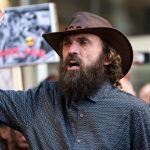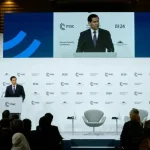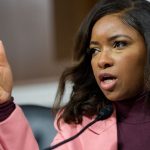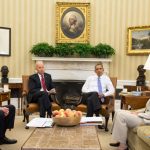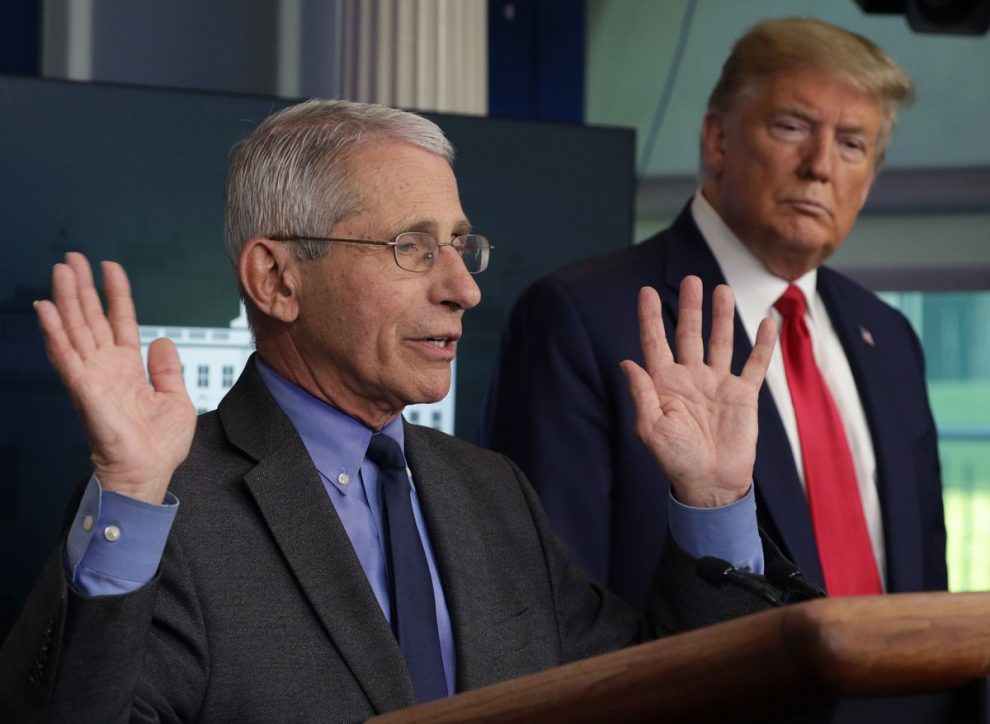Medical masks and cloth face coverings are now a common sight when venturing out in public amidst the coronavirus pandemic; most states require them as part of reopening plans, and the U.S. Centers for Disease Control and Prevention (CDC) advocates their use.
This wasn’t always the case. When the coronavirus pandemic hit stateside, face masks were strictly recommended as personal protective equipment (PPE) for health care professionals. According to Anthony Fauci, the nation’s leading infectious disease expert and a key member of the White House coronavirus task force, masks weren’t advised to the public from the start because of the anticipated PPE shortages.
Speaking on TheStreet, Fauci discusses how effective face masks are at preventing COVID-19 infection and why they weren’t recommended from the start.
“Masks are not 100 percent protective. However, they certainly are better than not wearing a mask. Both to prevent you, if you happen to be a person who maybe feels well, but has an asymptomatic infection that you don’t even know about, to prevent you from infecting someone else,” Fauci said.
“But also, it can protect you a certain degree, not a hundred percent, in protecting you from getting infected from someone who, either is breathing, or coughing, or sneezing, or singing or whatever it is in which the droplets or the aerosols go out. So masks work,” Fauci added.
“The important thing is actually physical separation,” Fauci said, adding that the combination of social distancing and face masks is the best way for the public to mitigate the spread and reduce transmission while maintaining some normalcy by venturing in public.
He also acknowledged that masks were initially not recommended to the general public so that first responders wouldn’t feel the strain of a shortage of PPE.
He explained that public health experts “were concerned the public health community, and many people were saying this, were concerned that it was at a time when personal protective equipment, including the N95 masks and the surgical masks, were in very short supply.”
By early April, the Strategic National Stockpile had been depleted, and around the same time President Trump invoked the Defense Production Act to have manufacturing chains across the U.S. focus on making vital medical equipment such as ventilators and masks.
Fauci continued to say that they wanted to give as many masks as possible to front line workers and emergency personnel.
“We wanted to make sure that the people, namely the health care workers, who were brave enough to put themselves in a harm way, to take care of people who you know were infected with the coronavirus and the danger of them getting infected,” Fauci concluded.
As for how long Americans will need to wear masks — or at least be advised to wear them — that may depend on new case numbers.
Speaking with Olga Khaza at The Atlantic, Trish Greenhalgh, a primary-care professor at the University of Oxford, said that the public will likely be wearing masks until “there are no new cases, or very few cases.”
Considering many states are seeing upticks in cases upon reopening after economic lockdowns, resulting in the U.S. surpassing 2 million total cases, the country appears to still have a ways to go.
Story cited here.


